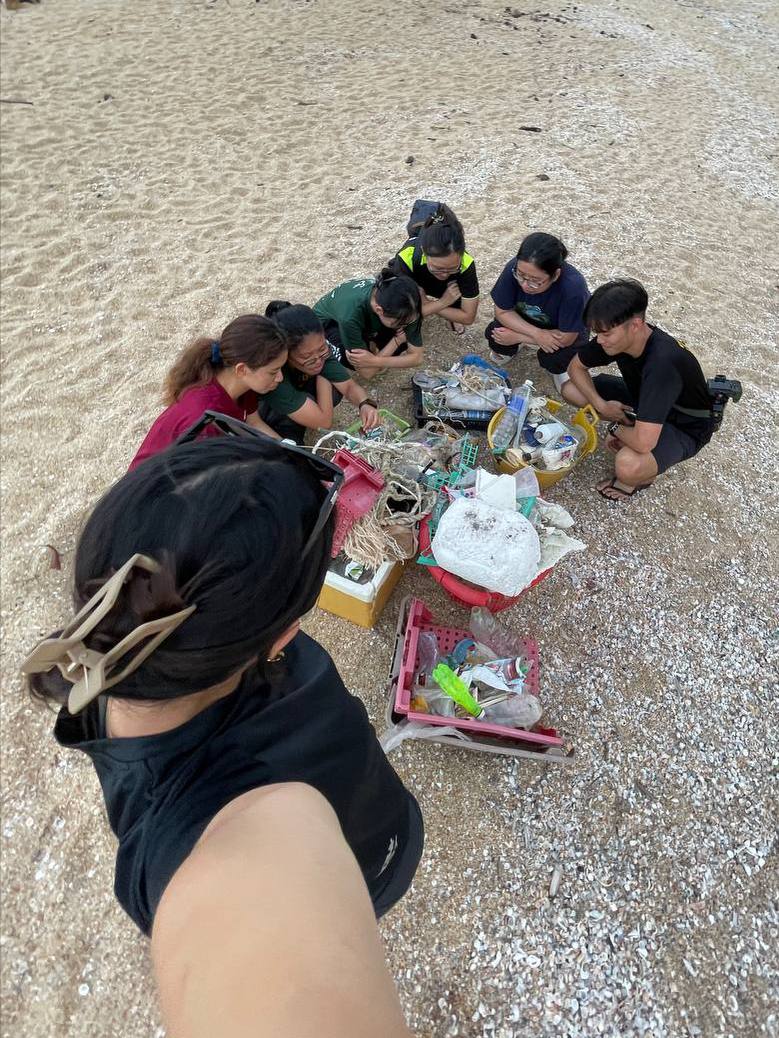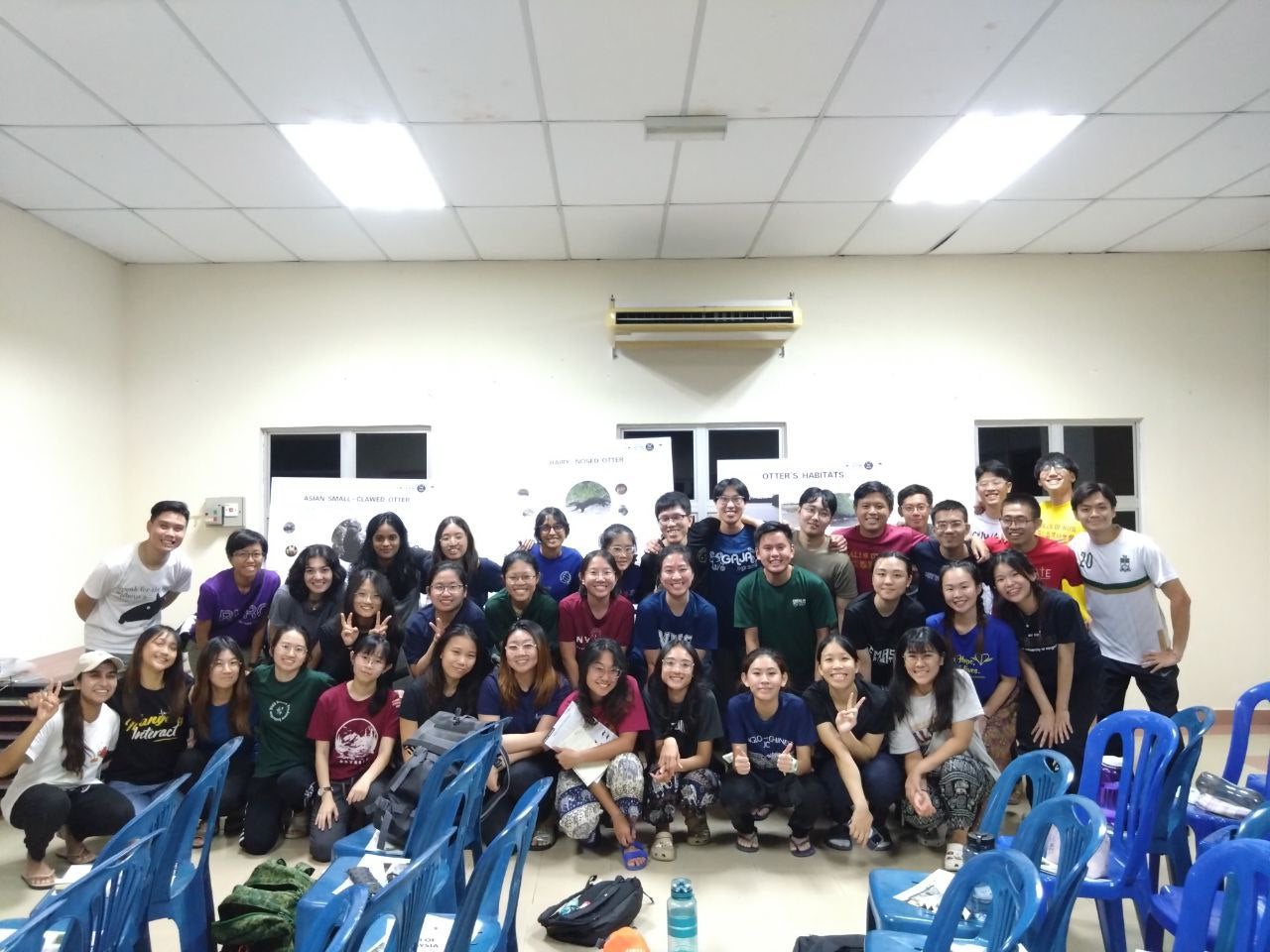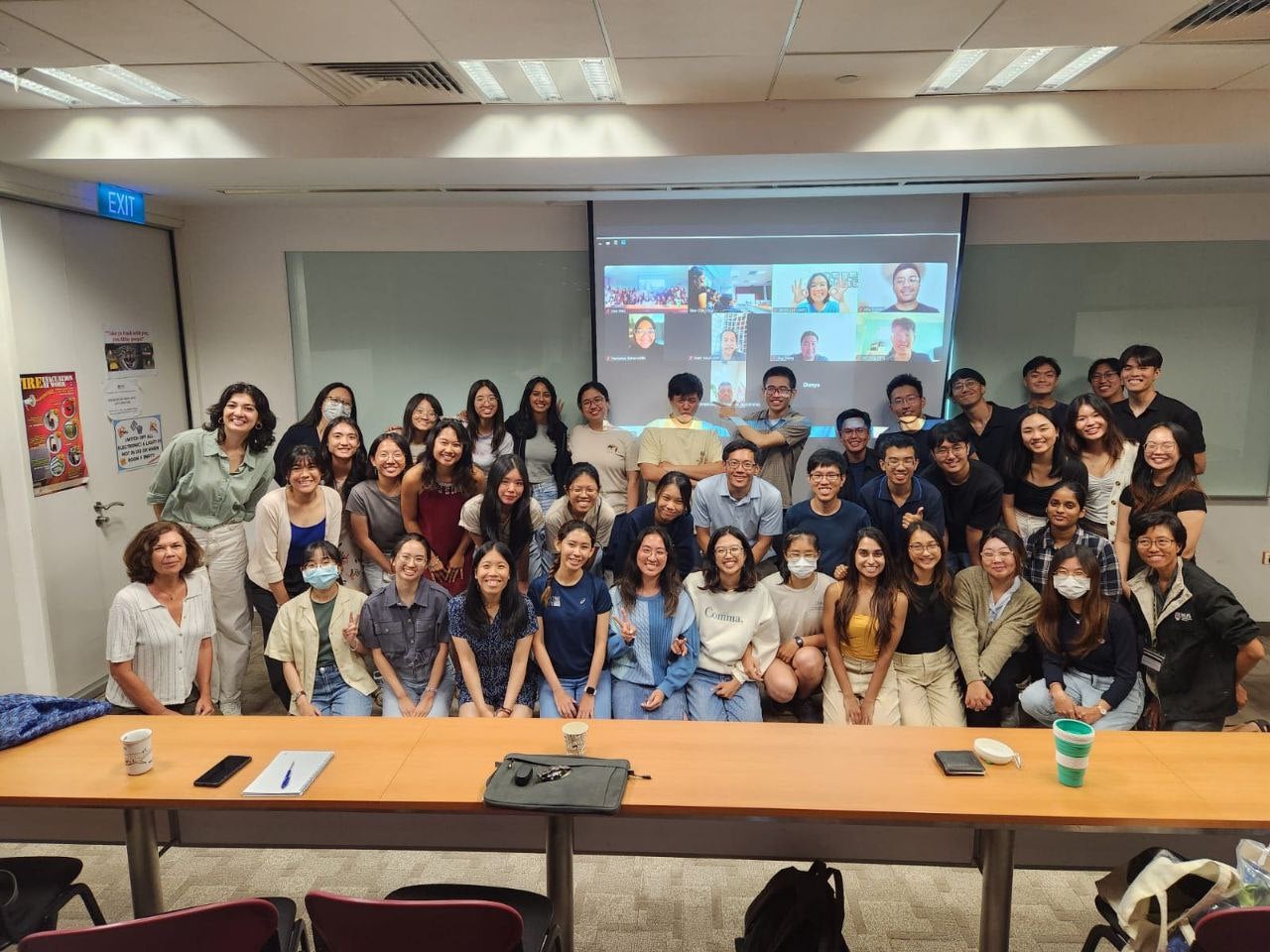Biodiversity in our backyard
September 03, 2024Environmental Studies Year 3 student Shaylie YU has been captivated by nature since youth. As she grew older, she realised that environmental challenges, from climate change to pollution, not only threaten ecosystems, but also have a profound impact on the health and wellbeing of people.

Through her courses, Shaylie gained a comprehensive understanding of environmental challenges and how to formulate solutions by drawing on multiple perspectives, including environmental law, public health and management.

Here, she shares how her recent field course in Malaysia gave her a unique opportunity to immerse herself in the environmental challenges of the region.

What motivated you to join the field course?

Engaging in hands-on fieldwork across diverse ecosystems, from inland peat swamps to coastal coral reefs, was particularly insightful. This experience allowed me to explore how varying contexts influence the complexity of environmental issues and to challenge myself to think critically about potential solutions.
What were some of the standout moments for you?

Snorkelling at Pulau Bidong was the most memorable experience for me! During the snorkel, I witnessed many bleached corals and it was evident that algae had overgrown what was once a vibrant coral reef. Along the beach, we observed significant coral rubble build-up. We often learn about the importance of coral reefs and how human activities are impacting them, but seeing the stark contrast between healthy and deteriorating reef ecosystems firsthand was far more impactful than textbook knowledge and pictures.
What were your key takeaways from the field trip?

At the Raja Musa Forest Reserve, I learned about the peat swamp ecosystem, especially the critical role of stakeholder engagement in conservation. For instance, the Global Environment Centre consulted with agricultural landowners to include a feature in the canal block that allows water to flow to the agricultural areas when the peat swamp’s water levels are stable. This thoughtful adaptation demonstrates the importance of staying responsive to stakeholder needs and the dynamic nature of conservation efforts. Integrating stakeholder perspectives into environmental management can truly yield solutions that benefit both the environment and the people who rely on it.

Working together with my project mates 24 / 7 also taught me the value of clear communication and flexibility in group work. As we spent so much time together, understanding each others’ work ethics and styles became more important than ever. We had to quickly adapt to each other’s rhythms and find ways to work together efficiently, even under pressure. It was a valuable lesson in teamwork.
How do you plan to apply these insights in your personal and professional pathways in the future?

The experiences and lessons from the course have profoundly shaped how I view environmental challenges and the process of addressing them.

The importance of stakeholder engagement highlights the need for inclusive and collaborative approaches in environmental conservation. Moving forward, I plan to integrate this understanding into my future work, whether in research, policymaking or community outreach.

In my future academic and professional projects, I also intend to apply the principles of teamwork to foster a positive and productive work environment, where everyone’s contributions are valued.


